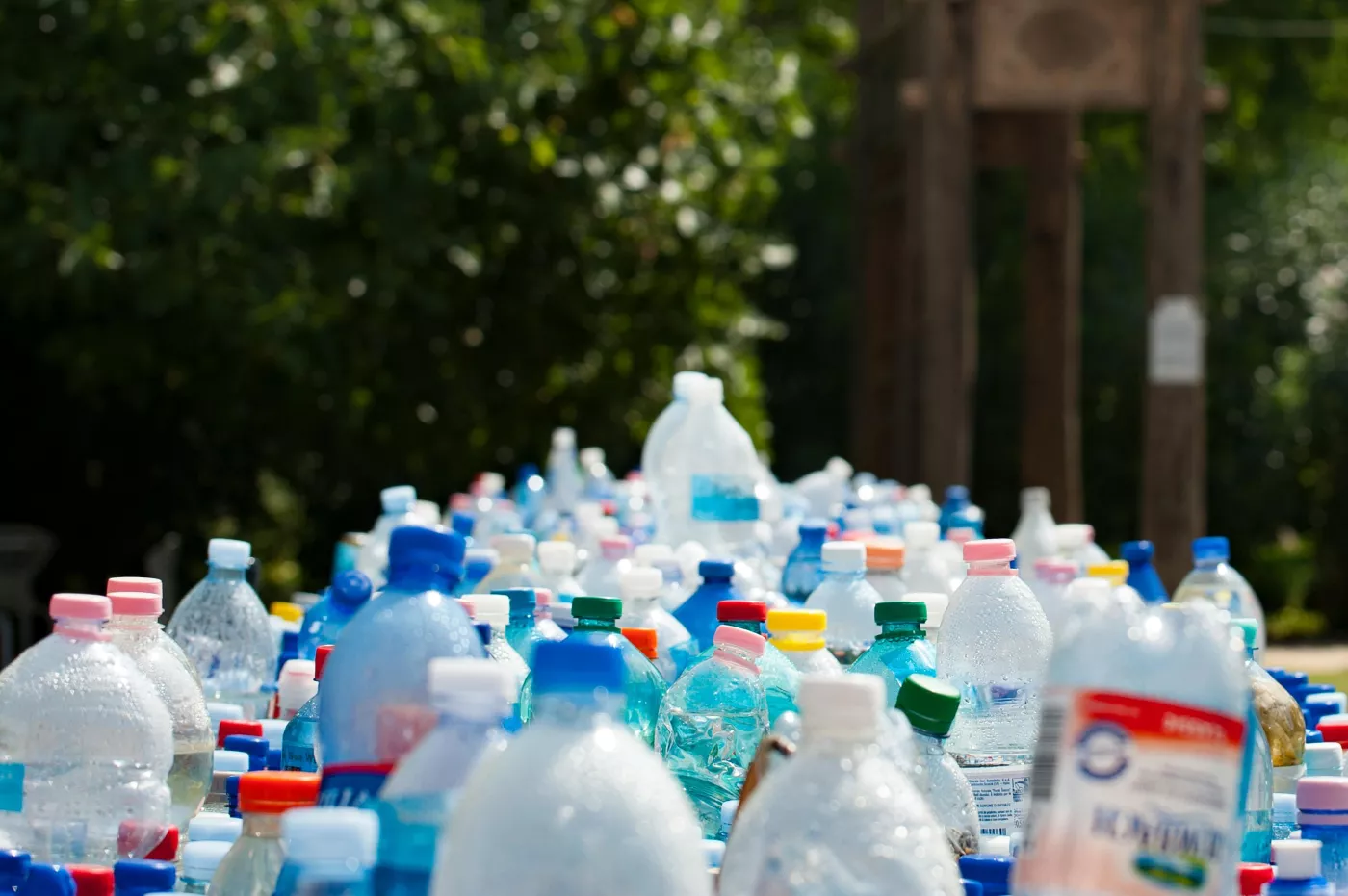Implemented a year ago, Montreal's legislation banning single-use plastic in food stores and restaurants is proving highly successful, and is now serving as a model elsewhere in Quebec. The City of Montreal is pleased to note that 92% of the establishments inspected have opted for more environmentally-friendly containers and tableware. This excellent news contributes directly to reducing waste at source in the metropolis.
" Montreal's ambition is to lead the way and be a true precursor in Quebec's ecological transition. I'm delighted to see that our efforts are bearing fruit, and that many other municipalities are taking the same path towards a greener future. Just one year after it came into force, our ambitious by-law is a resounding success, confirming that the metropolis is well on the way to zero waste. Above all, it's a collective success, because we wouldn't be where we are today without the collaboration of Montreal merchants, who are also committed to reducing our ecological footprint. I'd like to thank them for adopting this change of habit, which also helps to keep our city clean and green. It was crucial for our team to support our small businesses in particular, with a progressive approach to ensure the success of this important shift. The results are in! In the field, single-use plastic has been leaving our food establishments for several months now. It's a collective success that now extends beyond the city's borders," declared Montreal Mayor Valérie Plante.
Une approche progressive qui porte fruit
More than a year before the by-law came into force, the City of Montreal conducted an information campaign aimed at restaurants and food shops, and set up the Affaires Montréal support service. To help them make the transition, the city also supports the Guichet unique pour la transition alimentaire, which offers, among other things, a directory of alternatives to banned items, a guide to help set up reusable solutions, and individualized, low-cost coaching from a food transition expert. The city also supports the Contenant ÉCO initiative of the Association des Sociétés de développement commercial de Montréal, which offers free coaching to food retailers to help them implement reusable containers, and thus reduce their single-use packaging.
Click here for details of the regulations.
Quotes
"Our landfills are reaching capacity. In addition to being a visual nuisance, plastics leave a heavy ecological footprint on our commercial streets, parks and neighborhoods. Collectively, we no longer have the choice but to accelerate reduction at source. The success of the turnaround we began a year ago is a perfect illustration of the strength of a collective movement. I'm proud of the result we've achieved, which already seems to be inspiring other Quebec municipalities to follow suit, motivating us to redouble our efforts. I also encourage Montrealers to continue their good habits by promoting the use of reusable items and saying no to single-use items," said Marie-Andrée Mauger, Executive Committee member responsible for ecological transition and the environment.
"The results speak for themselves. The measure implemented by the City of Montreal is a major achievement that testifies to the strength of a collective effort. I would like to thank the citizens, businesses and institutions who have embraced this change, with all the demands that this transition may have entailed. I also salute the city's leadership, which has positioned itself at the forefront, keeping a watchful eye at a time when the United Nations is devoting a wide-ranging consultation to the establishment of a global regulatory framework to combat the proliferation of plastic worldwide. This Montreal success is an opportunity for RECYC-QUÉBEC to reaffirm that its mission of support is more essential than ever. We will continue to support all operational and regulatory initiatives to encourage other municipalities to follow suit for a greener, more sustainable Quebec." - Emmanuelle Géhin, President and CEO of RECYC-QUÉBEC.
"After a year of working with retailers to reduce single-use packaging, the ASDCM is pleased to note their interest in the reusable container solutions on offer. However, there is still work to be done in the field in terms of support to keep retailers actively involved, and in raising awareness to encourage consumer participation. We're on the right track, but it's crucial that everyone continues to play their part to ensure the sustainability of our actions and reduce the environmental impact of our arteries," says Sébastien Ridoin, General Manager of the Association des sociétés de développement commercial de Montréal (ASDCM).
"The City of Montreal has brilliantly risen to the challenge of banning certain types of single-use products on its territory, and the results obtained bear witness to this. We now hope that this exercise will be followed by many other municipalities, and that it will also encourage the Quebec government to move in this direction," says Denis Blaquière, President of the Front commun québécois pour une gestion écologique des déchets (FCQGED).
"With practical online tools such as the Packaging and Container Directory and the Reusable Packaging Guide, the Guichet unique pour la transition alimentaire is fulfilling one of its missions: to help restaurants and food shops change their practices. It's a source of great pride for us to know that, one year after the implementation of the Montreal by-law, we've achieved such success, and that we're playing a direct part in it by proposing alternative solutions. It motivates us to keep up the good work! Bravo to the restaurants and businesses that are making the necessary transition, and thank you to the city for its support," said Sophie Suraniti, co-coordinator of the Guichet unique pour la transition alimentaire (GUTA).
"Équiterre is delighted with the results obtained after one year of implementing the ban on single-use plastic items, and would like to highlight the leadership shown by the City of Montreal in this area! We sincerely hope that the Quebec government will follow suit and apply these practices throughout the province, thereby increasing their impact," concluded Amélie Côté, source reduction analyst at Équiterre.



